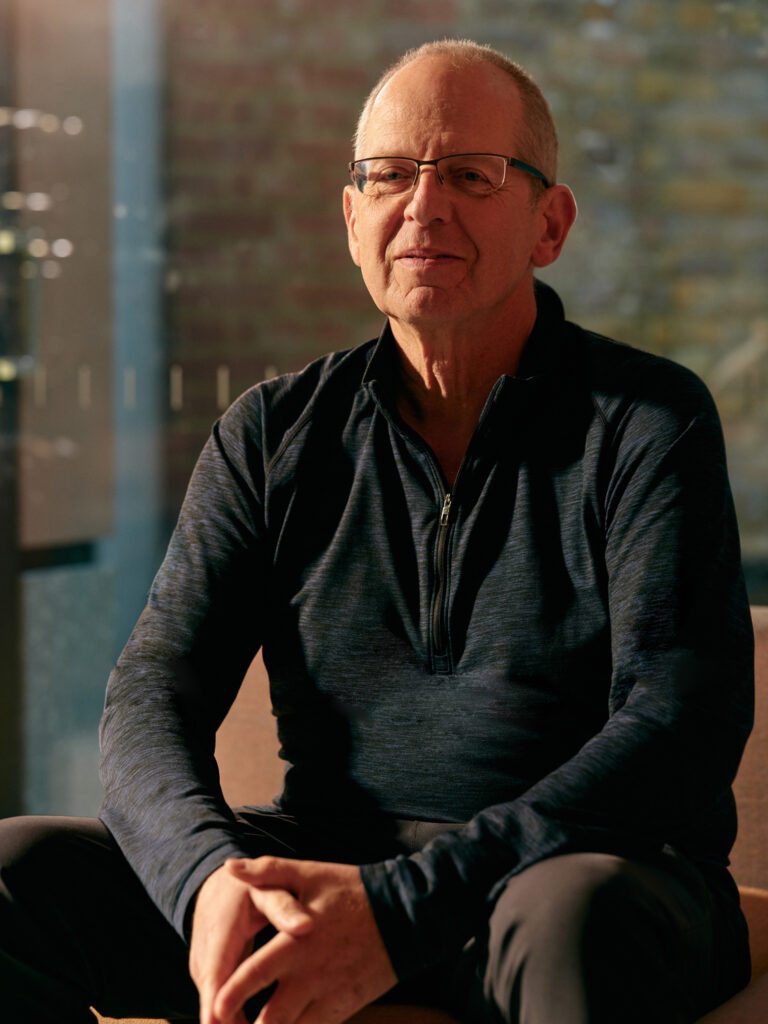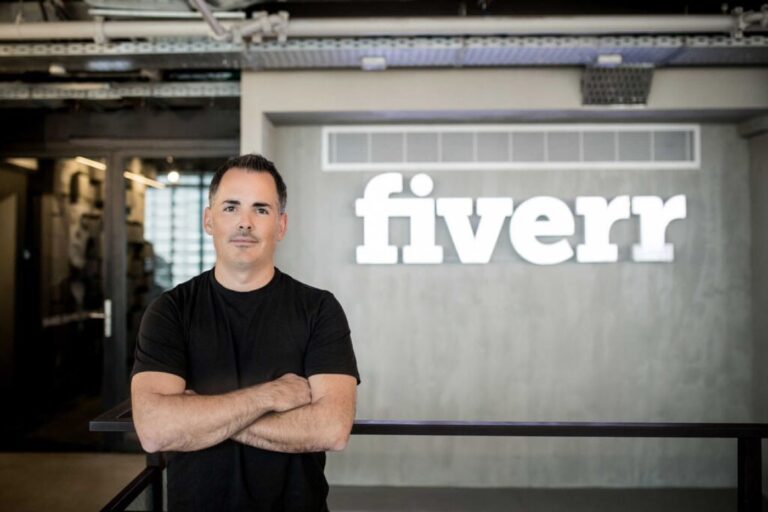Two Lanterns Venture Capital, a Massachusetts-based venture capital fund that invests in startups in the US and Israel, plans to invest 50 percent of its second fund in Israeli startups.
It is not that the VC feels sorry for Israel during a difficult year of war. The decision is based on dollars and common sense, Two Lanterns founder and CEO John Harthorne said at a recent Israel Innovation Network webinar.

“In the Two Lanterns venture portfolio, our 12 Israeli investments are currently outperforming the rest of our startups by nearly 1.7x,” Harthorne said, adding that “Israeli founders are likely to significantly outperform the average as a group over time.
The webinar looked at why this is the case, how current conflicts are affecting the startup ecosystem, and which sectors of the ecosystem are most attractive to investors.
Harthorne, who previously founded and led the MassChallenge nonprofit accelerator for high-powered startups, including many in Israel, said the reason “Israel produces such amazing founders” is simple.
“I believe Israelis are the most resilient people on earth,” he said. “Getting startups to market is a very uphill battle … so resilience is one of the most important factors to success.”
Yoni Cheifetz, a partner at Lightspeed Venture Partners, which funds disruptive business, consumer, fintech and health innovators in Israel and other countries, said investors look for three things: innovation, access to capital and the ability to invest and withdraw capital.
“I believe that all these things will grow in Israel.” I see no danger in that [relation to] that.”
New statistics seem to support these claims.
Despite the ongoing war that has severely affected businesses on many levels, the Israel Innovation Institute reports that Israel has maintained its position as the third largest global technology investment center, raising nearly $9 billion between October 2023 and August 2024.
Cyber at the top
Cybersecurity companies (startups but mostly established companies) grabbed the biggest slice of that pie. Case in point: Internet startup Torq of Tel Aviv recently closed a $70 million round, bringing its investments by 2024 to $112 million amid triple-digit growth.
“On the Internet interface, we have almost a complete flywheel at this point in terms of startup development,” said panelist Udi Mokady, founder and CEO of Petah Tikva-based CyberArk, which has a market cap of over $10 billion and approx. 3,000 employees in 15 countries serving more than 8,000 corporate customers.

Many Israeli startups are developing security solutions for new threats posed by technologies such as artificial intelligence, he said.
“Israel probably won’t be the one creating the language models and infrastructure around AI, but rather the trust and security and governance around AI,” said Mokady, who was one of the angel investors earlier this year in Israeli deep-counterfeiting startup Clarity .
He agreed with Harthorne that resilience was a key factor in Israel’s success.
“Like during Covid, we’ve seen incredible resilience and even an increase in productivity.” Everyone stepped forward and leaned in. The mantra ‘Israel delivers, no matter what’ was just that, across the board in the article.”
Mokady said he is seeing some US funds recognize that “this is a great time to invest in Israel because we will come out of this and come out strong.”
AI and defense
Cheifetz, of Lightspeed Ventures, agreed that cyberspace will continue to be “very big” and that startups that use AI in innovative ways should also attract investors.
“AI moves fast, as opposed to quantum computing where the speed is slow,” he said.
Serial entrepreneur Micha Kaufman, founder of Tel Aviv-based Fiverr, the world’s leading freelance platform, listed “anything related to digital transformation” as attractive to Israeli tech investors.
He cited networking, consumer networking, SaaS (software as a service) and even defense as special interests.

Cheifetz pointed out that “Defense funds have mostly stayed away from the defense industry, but there is a lot of knowledge in Israel in that field.” (Mokady falsely explained that this was because “with defense technology, you want to test it in real time, and unfortunately you can do that in Israel.”)
Cheifetz said one of the main reasons “Israel is an attractive place, almost as competitive as the Valley, from an investment perspective” is that the military selects outstanding STEM students at the high school level.
The IDF “places them in units that advance their careers by 10 years.” Our two main sources of contracts in Israel are people coming out of these units and repeat entrepreneurs coming out of successful companies,” he said.
“We are investing as much as before and will continue to do so.
High technology will win
The panelists agreed that the current situation is not ideal, citing less early-stage fundraising, fewer new startups, and severe talent and personnel shortages due to military standby duty since Oct. 7.

“The current conflict took place in a difficult macroeconomic environment and geopolitical landscape around the world. On top of that, we have our own conflicts. From an investor’s perspective, having less exposure to Israel is an easier choice,” Kaufman said.
“On the other hand, startups that had every reason in the world not to survive are still thriving and finding ways to deal with the situation.” In the long run, I believe that Israel in general, and hi-tech in particular, will prevail. We have a community of absolute heroes and patriots who want to build an amazing future here.”
Despite widespread anti-government protests and military threats on many fronts, Kaufman added, “Israeli society and its high-tech environment is much bigger and stronger than any government or crisis.” It is important to continue to support high technology through this crisis as we see the next waves of innovation coming from Israel.”
To view the full webinar, click here.
#investors #remain #bullish #Israel #times #war #ISRAEL21c